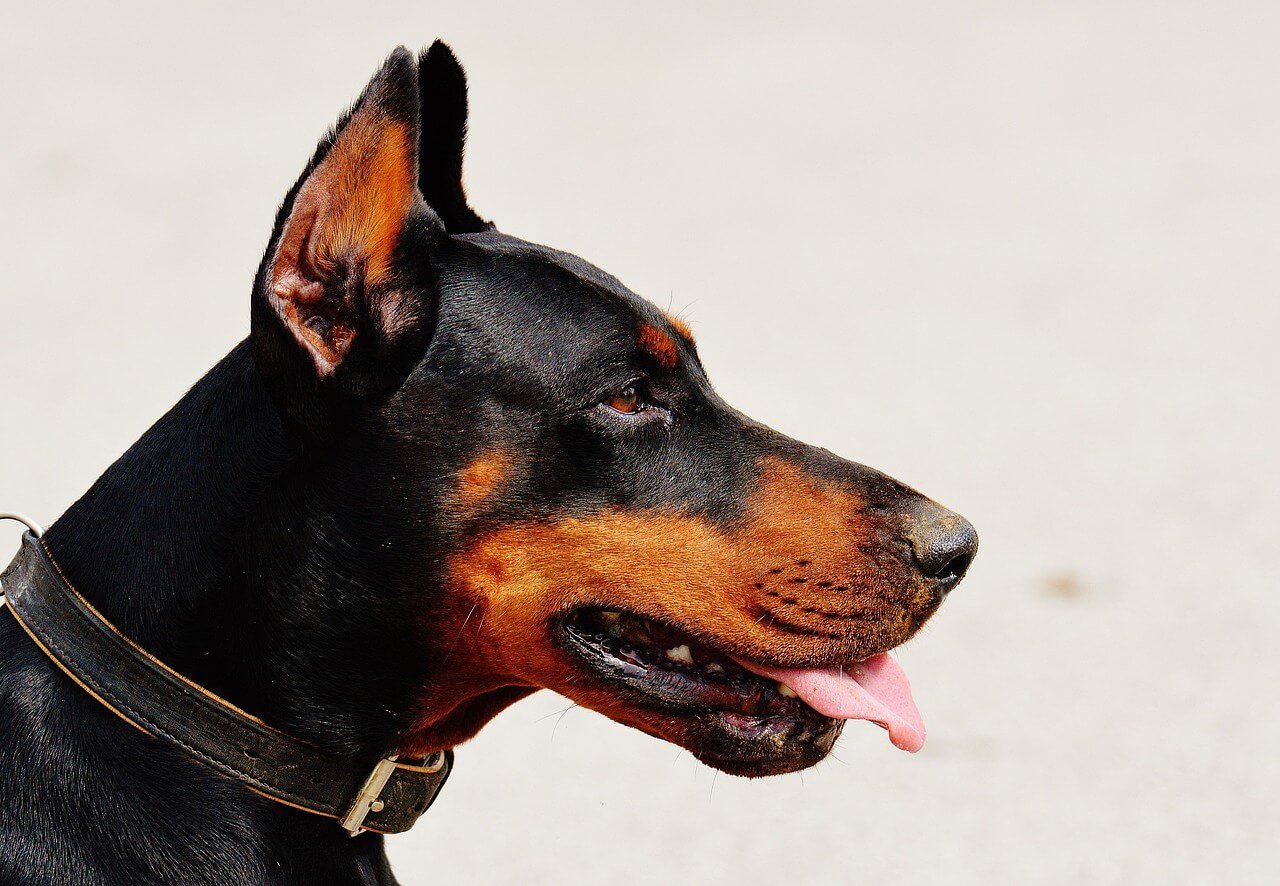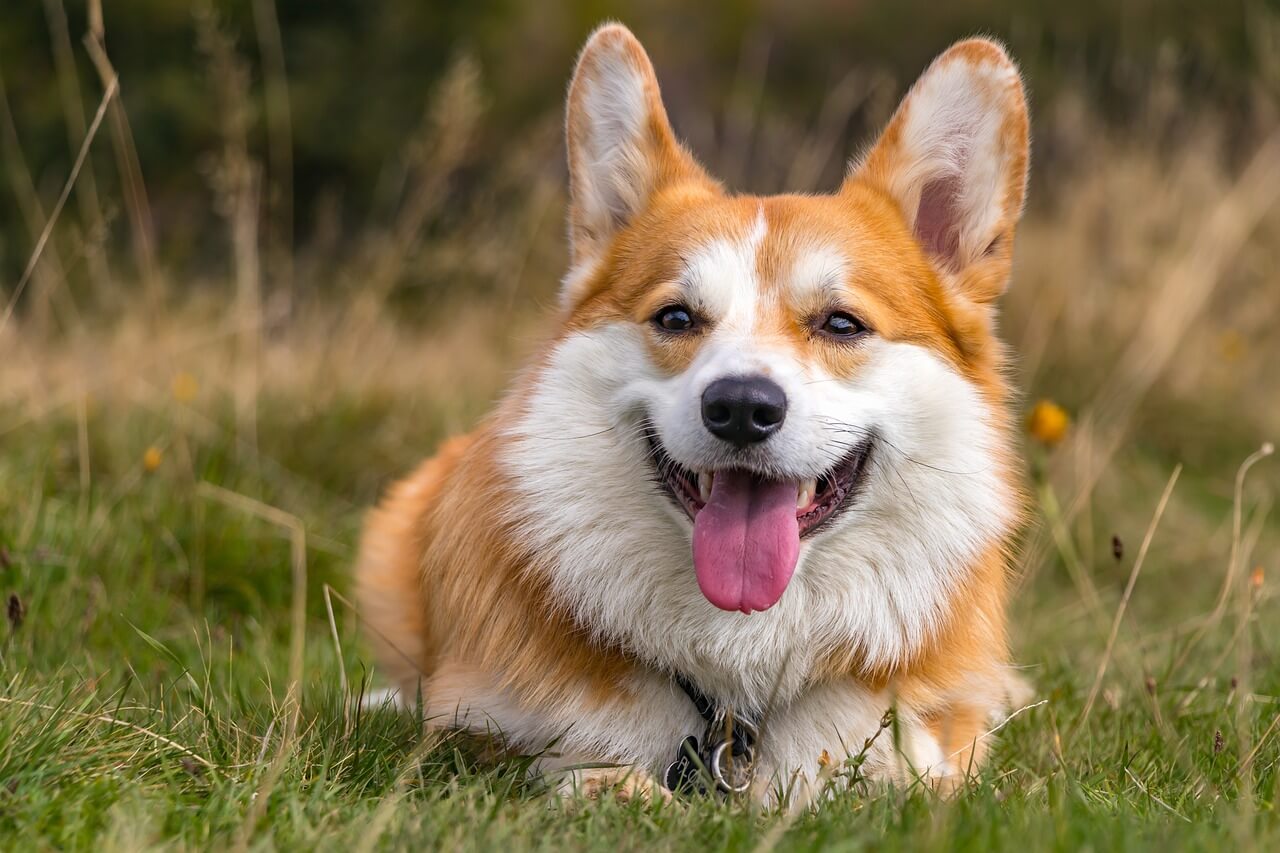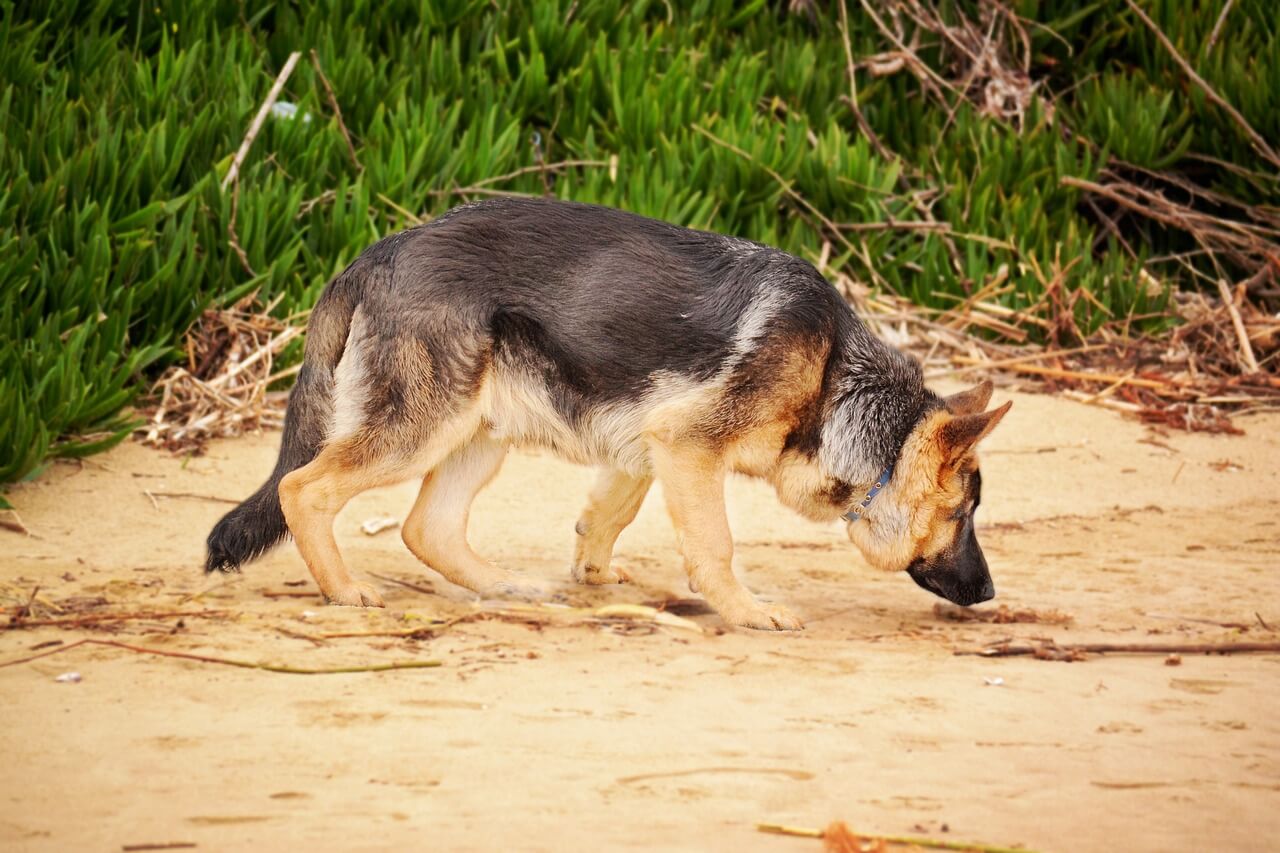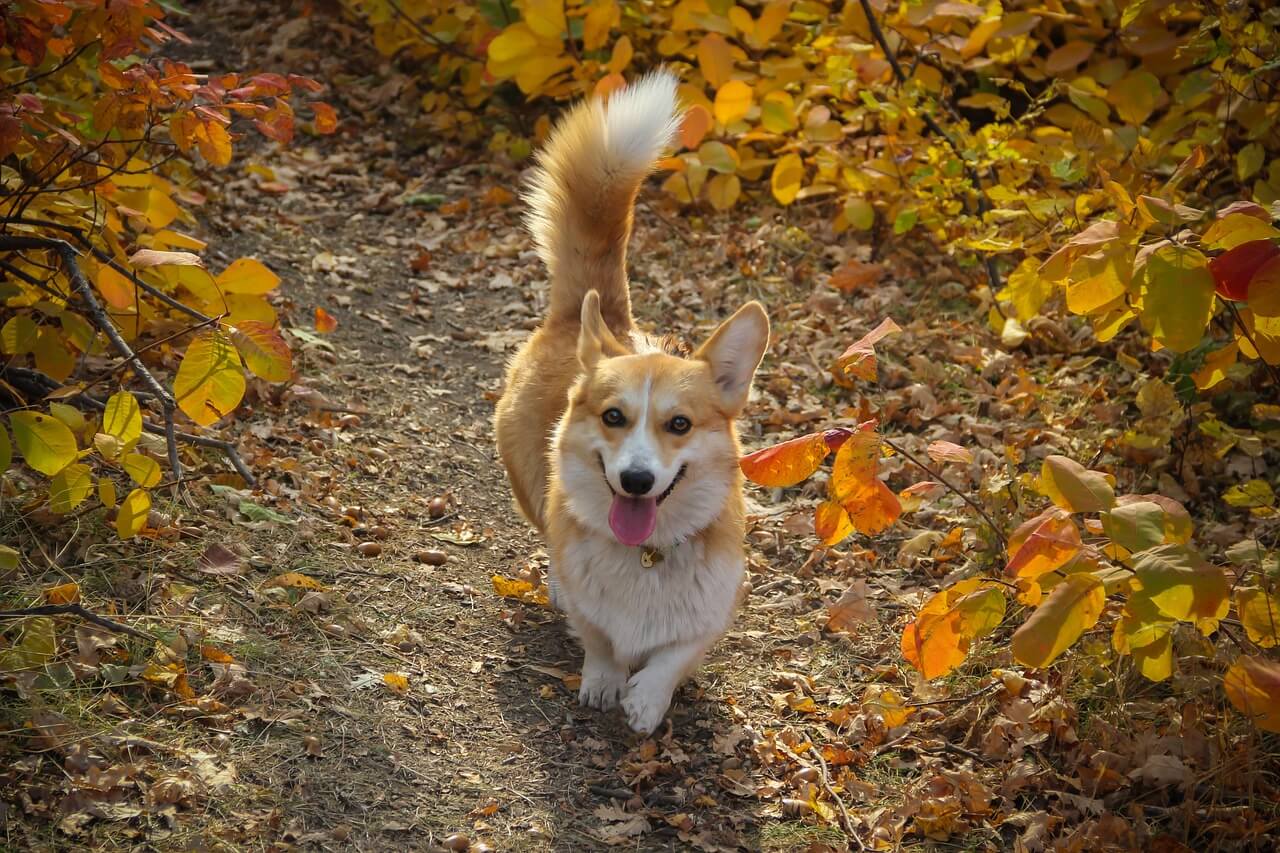Dog panting is a natural behavior, often used to help regulate a dog's body temperature, especially since they cannot sweat like humans. For active breeds like the Labrador Retriever, panting after exercise is common, while more sedentary dogs, such as the French Bulldog, may pant even after light activity due to their brachycephalic (short-nosed) structure. However, when a dog is panting excessively, it could indicate a more serious issue that requires attention. In this article, we’ll break down the reasons behind both normal dog panting and excessive panting in dogs, and when to seek urgent veterinary care.
What is Normal Panting?
Cooling Down: Dogs naturally pant to cool themselves down, particularly in warm weather or after exercise. This is a common occurrence in healthy dogs like Golden Retrievers, who use panting as a way to maintain a normal body temperature.
Excitement or Exercise: After a play session or during times of excitement, dogs may pant. Breeds such as Siberian Huskies or Beagles often exhibit heavy panting after an energetic activity, which is perfectly normal.
When is Panting Considered Excessive?
When a dog starts panting excessively without a clear reason—such as after exercise or in warm weather—it’s time to take note. Abnormal panting can be linked to various underlying health conditions, especially when accompanied by other symptoms like:
Labored breathing
Coughing
Lethargy
Breeds like French Bulldogs and other short-nosed breeds are more prone to breathing issues, so monitoring their breathing heavily or panting heavily is essential.
Jouet interactif en peluche pour chien, jouet couineur d'agneau

$6.99 USD
$10.76 USD
Offrez à votre ami du plaisir et du confort avec notre adorable jouet en peluche couineur en forme de mouton. Adapté aux chiens de toutes tailles, ce jouet charmant et câlin est conçu pour divertir, engager et offrir du réconfort… read more
Common Causes of Excessive Panting
Overheating and Heatstroke
Dogs can quickly overheat, particularly in hot climates or after excessive exercise. Excessive panting in dogs can be an early sign of heatstroke, a life-threatening condition that requires immediate vet attention. Symptoms include panting heavily, excessive drooling, and weakness.Anxiety and Stress
Fear and stress, such as during thunderstorms or separation from their owners, can cause dogs to pant excessively. This is especially common in breeds like Beagles or dogs with separation anxiety. Providing a calming environment can help reduce stress-induced panting.Pain or Discomfort
Dogs often pant when they are in pain. If a dog is panting and also showing signs of discomfort or avoiding activities they usually enjoy, it could indicate joint pain or an injury. In such cases, consult your vet immediately.
Breed-Specific Considerations in Panting
Now let's explore a factors to different breeds that can help you gain a deeper understanding of your beloved furry friend.
Brachycephalic Breeds: Special Attention Needed
- Breeds like French Bulldogs: These adorable pups have short nasal passages and elongated soft palates, making them prone to breathing difficulties and thus panting more.
- Keeping Cool: Ensure these breeds avoid excessive heat and strenuous exercise, especially in warm weather.
Senior Dogs: Age Matters
- Older Dogs Pant Differently: Aging can affect a dog's panting. For instance, a senior Labrador Retriever may pant more due to age-related health issues.
- Regular Check-Ups: Keeping up with vet visits is crucial for older dogs, including breeds like Golden Retrievers, to monitor any changes in their health.
Active and Large Breeds: High Energy, More Panting
- Energetic Breeds like Siberian Huskies: These dogs often pant more due to their high energy and activity levels.
- Monitoring Exercise: It’s important to balance exercise with rest, especially for active breeds like Rottweilers, to prevent overexertion.
Health Conditions That Cause Excessive Panting
While panting is a normal dog behavior, it can sometimes be a sign of underlying health issues. Now let’s explore some health conditions that may cause your dog to pant more than usual.
Heart Disease
- Symptoms in Dogs: Dogs with heart disease, like Boxers known for such issues, may pant excessively as their heart struggles to supply oxygen.
- Veterinary Care: Regular check-ups and monitoring are vital, especially for breeds prone to heart conditions.
Respiratory Disorders
- Breathing Issues: Breeds like Poodles or Labrador Retrievers might pant heavily if they have respiratory problems.
- Seeking Treatment: It's important to consult a vet if you notice unusual panting along with coughing or wheezing.
Other Medical Causes
- Cushing’s Disease: This condition, which affects the adrenal glands, can lead to excessive panting.
- Pain or Discomfort: Dogs often pant when in pain. For example, a Rottweiler may pant more due to joint discomfort.
Lit de siège d'auto pour chien - Première classe

$63.99 USD
$119.99 USD
Assurer la sécurité de votre chien Laisses de sécurité réglables et ceintures de sécurité de fixation Boucle de sécurité intégrée à combiner avec le collier de chien À utiliser à la maison et dans la voiture Que ce soit dans… read more
When to Seek Veterinary Help
It’s important to recognize when dog panting is a sign of a more serious issue related to your dog’s health. If your dog’s panting becomes excessive, prolonged, or is accompanied by other symptoms such as:
Noticeably labored breathing
Use of stomach muscles to help breathe
Blue-tinged gums or tongue
These symptoms may indicate a serious condition affecting your dog's health and require urgent veterinary care.
Tips for Managing and Reducing Excessive Panting
Let's now shift our attention to how you can assist in managing and potentially alleviating panting in your friend ensuring their well being and contentment.
Creating a Comfortable Environment
- Stay Cool: For breeds like the Siberian Husky, keeping cool is essential. Ensure they have access to shade and cool water, especially in hot weather.
- Peaceful Surroundings: Reduce stress-related panting (common in sensitive breeds like Beagles) by providing a calm and safe environment.
Exercise and Diet
- Balanced Activity: While breeds like Rottweilers need regular exercise, it’s important to avoid overexertion. Monitor your dog's panting during and after exercise.
- Nutrition Matters: Eating a diet is important, for keeping health and it can have an impact on how we breathe and pant. Some specific dog breeds, such, as Labrador Retrievers may require diets.
Stress Reduction Techniques
- Anxiety Management: For breeds prone to anxiety, such as the French Bulldog, consider stress-relief methods like calming music, pheromone diffusers, or consult a vet for more options.
- Regular Routines: Consistency in daily routines can help reduce anxiety and subsequent panting in many dogs.
Conclusion
Panting in dogs is a normal behavior, but knowing when it becomes a sign of concern is crucial for their health. Whether you have a Rottweiler, a Siberian Husky, or a small breed like a Beagle, understanding their breathing patterns and recognizing abnormal panting can help ensure their well-being. Providing comfort with an anti-anxiety dog bed can also be beneficial in helping your dog relax, especially during stressful situations. If you notice heavy breathing, excessive thirst, or signs of respiratory distress, don’t hesitate to seek veterinary assistance. Regular check-ups are key to identifying potential underlying causes early and keeping your four-legged friend healthy and happy.
Lit ovale de luxe pour chien humain, très grand sommeil, plus profond

$178.84 USD
$336.80 USD
Bénéficiez d'un confort ultime avec le lit pour chien et humain FunnyFuzzy Luxury Super Large Sleep Deeper. Spacieux, luxueux et parfait pour vous et votre animal de compagnie. … read more




